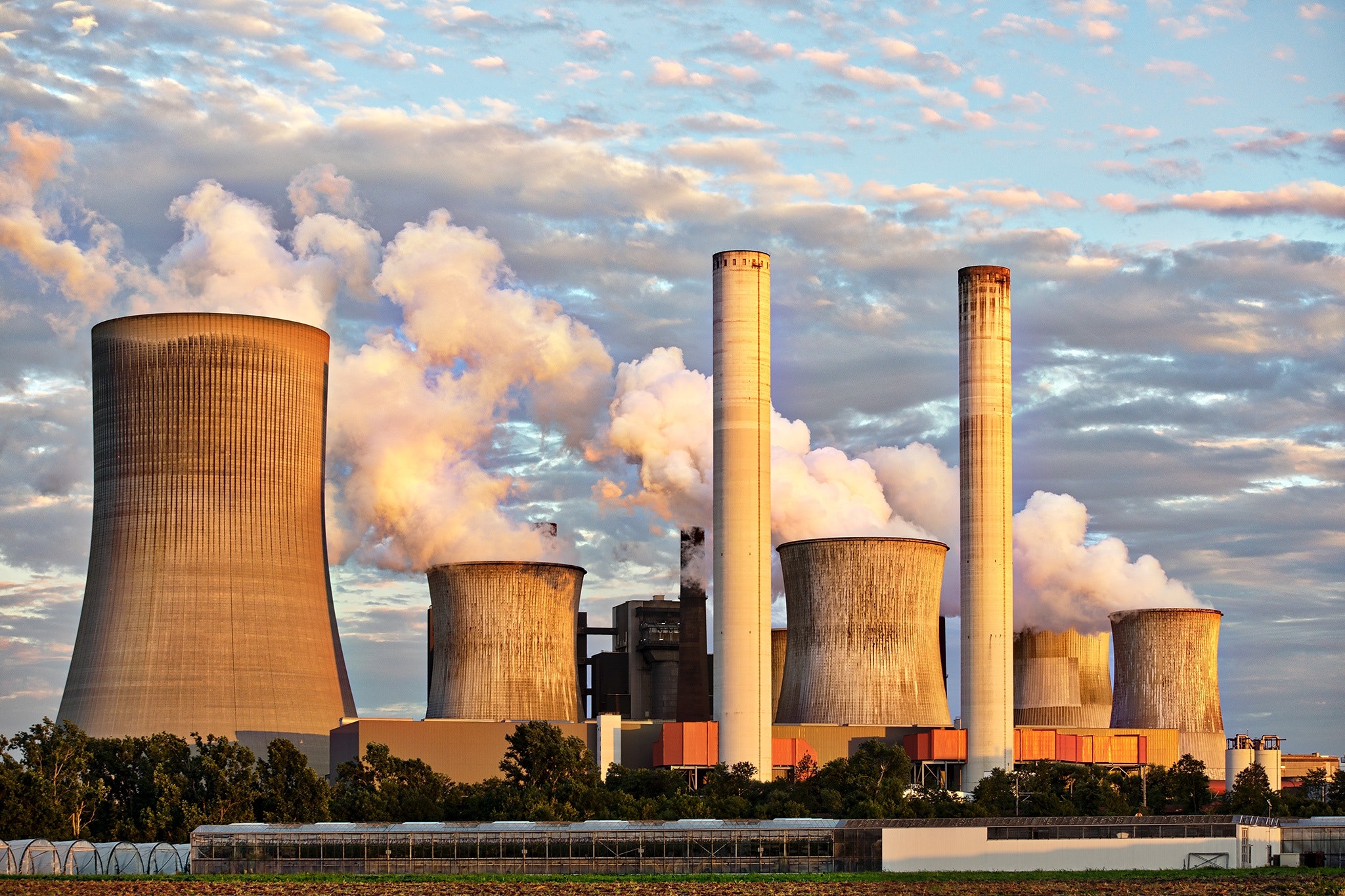
Carbon dioxide (CO2) testing refers to the process of measuring and analyzing the levels of carbon dioxide gas in various substances or environments. Carbon dioxide is a naturally occurring gas that is a byproduct of human respiration, combustion processes, and the decay of organic matter.
The key aspects of carbon dioxide testing include
1. Environmental
Monitoring: Carbon dioxide testing is conducted to monitor and assess carbon
dioxide levels in the atmosphere, bodies of water, and soil. It helps
scientists and researchers understand the carbon cycle, climate change, and the
impact of human activities on CO2 emissions.
2. Climate Change Research: Carbon dioxide is a greenhouse gas that contributes to global warming and climate change. Testing CO2 levels is crucial for tracking changes in atmospheric concentrations over time, identifying trends, and studying the impacts on the Earth's climate system.
Industrial and Occupational Safety
Carbon dioxide testing is important in industrial settings where elevated levels of CO2 may be present, such as in confined spaces, fermentation processes, or beverage production. Monitoring CO2 levels helps ensure worker safety and compliance with occupational health and safety regulations.
Carbon dioxide testing is essential for understanding and managing the impacts of carbon dioxide on the environment, climate change, occupational safety, indoor air quality, and agricultural practices. Accurate measurement and monitoring of CO2 levels help inform decision-making processes and support efforts to reduce emissions, improve energy efficiency, and mitigate the effects of climate change.